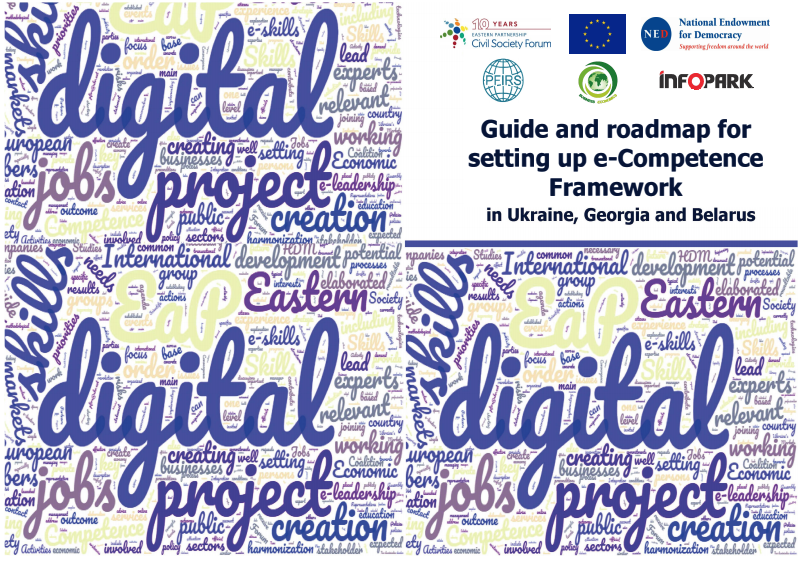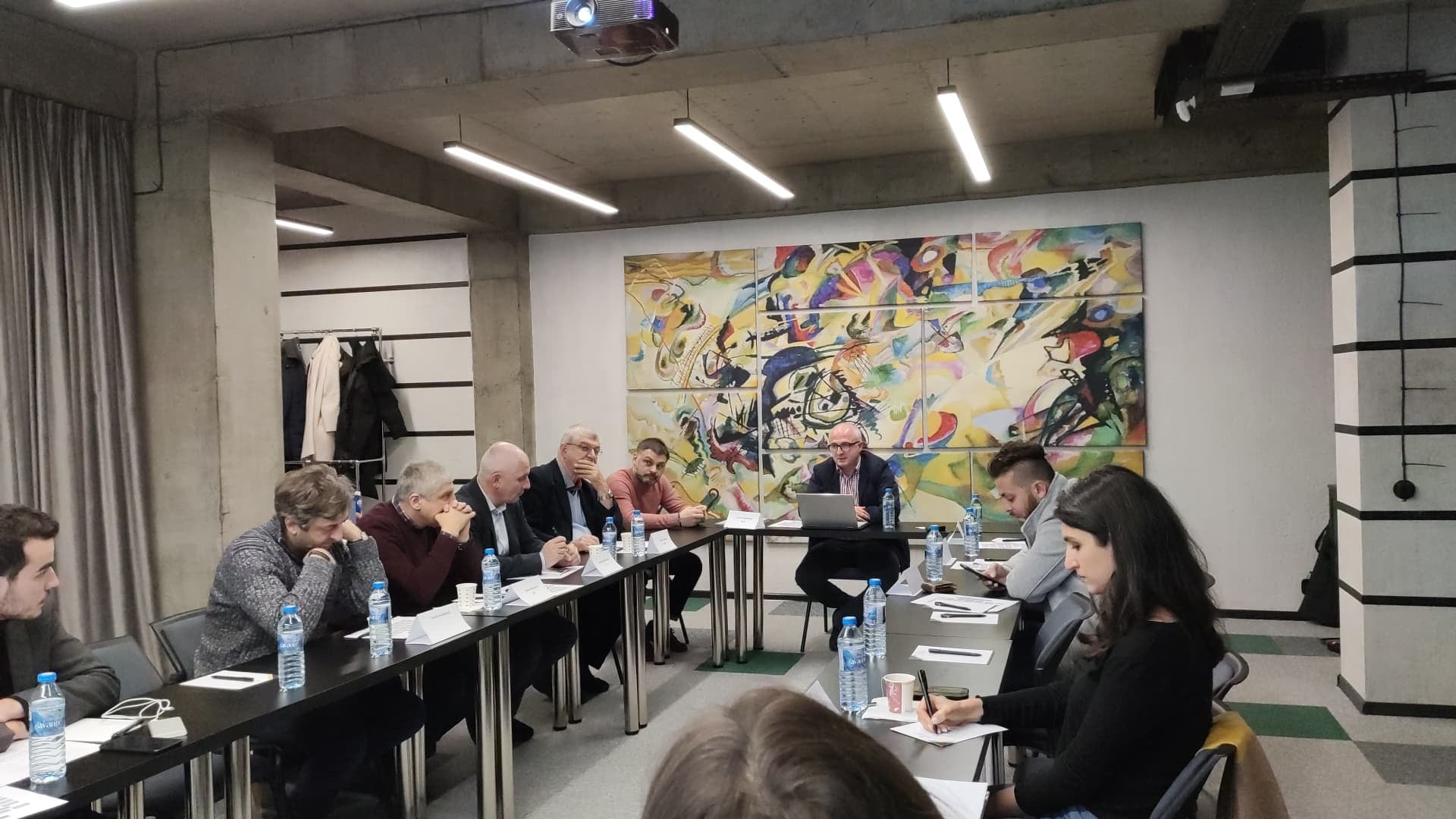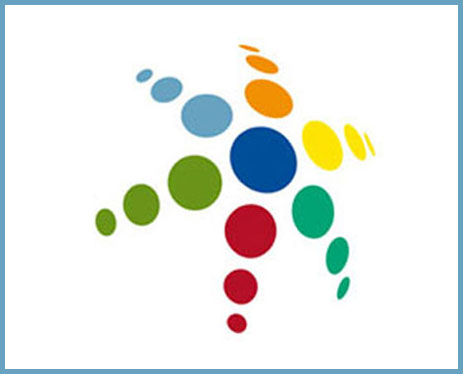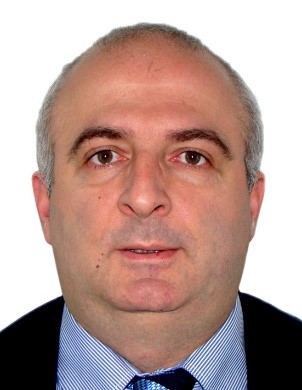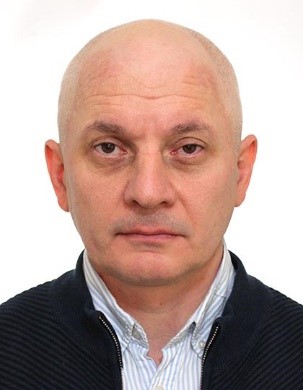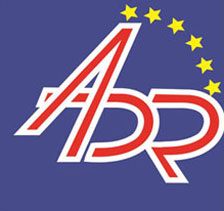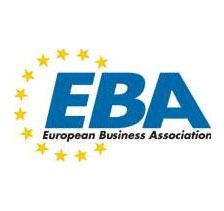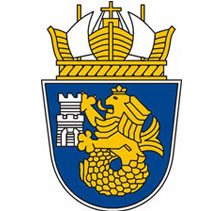IASON +
N(N)LE International Business and Economic Development Center is implementing EU funded project on “Invasive Alien Species Observatory and Network Development for the Assessment of Climate Change Impacts and Contextual Ecosystem Services Evaluation in Black Sea Deltaic Protected Areas (IASON+)” with lead partner The Danube Delta National Institute for Research and Development from Romania and partners: Danube Delta Biosphere Reserve Authority from Romania; Institute of Marine Biology of the National Academy of Sciences of Ukraine from Ukraine; Democritus University of Thrace-Department of Natural Environment and Climate Resilience from Greece; Karadeniz Technical University – Faculty of Marine Sciences from Turkey- in the framework of (Interreg VI-B) NEXT Black Sea Basin Programme.
Project total budget: 1.396.112,46 Euro
Interreg Funds: 1.256.501,20 Euro.
C.1 Project overall objective
Project overall objective
The overall objective of the project is to continue the activities of establishing and performing joint monitoring actions for Invasive Alien Species (IAS), the evaluation of their influence in defining Ecosystem Services in Black Sea deltaic ecosystems from five countries (Romania, Ukraine, Greece, Turkey and Georgia) and assess the resilience under current and predicted climatic conditions, to create and promote climate change adaptation premises.
C.2.1 What are the common territorial challenge(s) that will be tackled by the project?
Invasive alien species (IAS) have become an important driver of biodiversity change and exert severe pressure on natural ecosystems. The development of modelling approaches to assess and predict their distributions and impacts, and evaluate management options has increased substantially. At species/population level, most of the studies reported negative impacts; while at multispecies/ecosystem level, negative and both negative and positive impacts were similarly represented. It is important the development of the models to assess different impacts of IAS populations and highlight the need to advance their capabilities to predict future impacts at the Black Sea Bioregion. Further development of models that allow capturing the arrival, establishment and spread of IAS and assess their impacts in an integrated way is still needed. Spatial–temporal modelling techniques bridging with novel analytical capabilities may be the key for future achievement.
On the other hand, Ecosystem Services (ES) are the benefits that people obtain from ecosystems. These include provisioning services such as food and water; regulating services such as flood and disease control; cultural services such as spiritual, recreational, and cultural benefits; and supporting services such as nutrient cycling that maintaining the equilibrium conditions for the studied ecosystems. However, natural ecosystems are being degraded and destroyed at an unprecedented scale for Black Sea Bioregion, which poses a threat to the provision of these essential services.
One of the common territorial challenges in maintaining ES is the need for effective management and conservation of natural resources. This requires an integrated approach that takes into account the complex interactions between different ecosystems and the multiple benefits they provide. At the decision-making level, high-level science-policy platforms have been established to serve policy makers with integrated and agreed information on the extent of biodiversity and ecosystem loss and also present projections to the future. This information can be used to develop effective conservation and restoration strategies.
Another challenge is balancing the competing demands for natural resources. For example, land use changes such as deforestation for agriculture or urbanization can have negative impacts on ES such as water regulation and carbon sequestration. Effective land use planning and management can help to minimize these impacts and ensure the sustainable provision of ES.
Climate change also poses a significant challenge to the maintenance of ES. Changes in temperature and precipitation patterns can have far-reaching impacts on ecosystems and the services they provide. For example, changes in water availability can affect agricultural productivity and food security. Adaptation strategies such as the development of drought-resistant crops or the implementation of sustainable water management practices can help to reduce these impacts.
Maintaining ES in the face of common territorial challenges requires an integrated approach that takes into account the complex interactions between different ecosystems and the multiple benefits they provide. Effective management and conservation of natural resources, balancing competing demands for natural resources, and adapting to climate change are all essential components of this approach.
The Black Sea region faces several common territorial challenges in maintaining its ES. These include eutrophication, pollution and poor fishing management, which have resulted in an overall decline of biological resources, the diversity of species and landscapes and of the aesthetic and recreational values of the Black Sea. Climate change also poses a significant challenge to the Black Sea region, with effects such as sea-level rise, erosion, ecosystem changes, natural meteorological effects, and elevation of temperature.
At regional level, to address these challenges, through Common Maritime Agenda for the Black Sea was established the environmental protection and sustainability in the exploitation of coastal and marine resources, based on cooperation and joint work to improve environmental protection of the shared natural heritage.
Based on the study of the mentioned elements for the 5 delta areas considered in the project - Danube Delta (Romania and Ukraine), Nestos Delta (Greece), Kızılırmak Delta (Turkey), Chorokhi & Kolkheti Deltas (Georgia), cross-border collaboration will put provision of data on the basis of which the evolutionary trend of ecosystems in the Black Sea Bioregion will be better understood, these elements being able to form the basis for the development of regional decisions and policies regarding invasive species and ES in the context of climate change.
C.2.2 How does the project tackle identified common challenges? Is there something new about the approach? If yes, please describe it.
IASON+ Project aims to tackle the identified common challenges regarding the influence of IAS on ES through innovative approaches and solutions. There are some ways the project approach goes beyond existing practices and the solutions that can be developed, adopted, and implemented during the IASON+ Project lifetime:
Enhanced Monitoring and Early Warning System: the project will develop an advanced monitoring system that combines remote sensing, citizen science, and traditional surveillance methods. This approach will provide real-time data on the presence and spread of IAS, enabling early detection and rapid response actions. The integration of innovative technologies and community participation goes beyond existing practices and enhances the effectiveness and timeliness of monitoring efforts.
Integrated Management Strategies: IASON+ Project will develop and implement integrated management strategies that consider the ecological, socio-economic, and policy dimensions of IAS management. These strategies will focus on prevention, interception, eradication, and restoration measures. The approach goes beyond existing practices by promoting a holistic and multi-disciplinary approach that addresses the root causes of IAS introductions and prioritizes ecosystem resilience.
Adaptive Management and Decision Support Tools: the project will develop adaptive management frameworks and decision support instruments to facilitate dynamic and evidence-based decision- making. These instruments will assist policymakers, land managers, and other stakeholders in assessing risks, evaluating management options, and adapting strategies in response to changing conditions. The incorporation of adaptive management principles and decision support instruments goes beyond traditional approaches and enhances the project's ability to respond to emerging challenges and uncertainties.
Stakeholder Engagement and Capacity Building: the project will emphasize stakeholder engagement and capacity building activities to ensure a participatory and inclusive approach. Local communities, policymakers, scientists, and other relevant stakeholders will be actively involved in the project through workshops, training programs, and awareness campaigns. This approach goes beyond existing practices by fostering ownership, knowledge sharing, and collaboration, which are vital for sustained and effective IAS and ES management.
Transnational Collaboration and Knowledge Exchange: the project promotes transnational cooperation among participating countries, facilitating the exchange of knowledge, experiences, and expertise in IAS and ES management. This collaboration allows for the identification of common challenges, sharing of lessons learned, and joint development of solutions. The transnational approach goes beyond existing practices by harnessing the collective wisdom and resources of multiple countries, enabling a more comprehensive and effective response to the challenges of IAS in the Black Sea Basin deltaic regions.
By adopting these innovative approaches and implementing the described solutions, the project surpasses existing practices in the sector/programme area/participating countries. It introduces novel monitoring techniques, integrates multiple dimensions of IAS management, promotes adaptive decision- making, engages stakeholders, and facilitates transnational collaboration. These elements collectively enhance the project's ability to tackle the identified challenges and contribute to sustainable ecosystem services in the deltaic regions of the Black Sea Basin.
Project Results
Result 1
The primary solution derived from the project is the development of the Observatory & ICT services. These represent a structure can be utilized by various stakeholders for ongoing management of invasive alien species and ecosystem services.
Through the capacity building programs and training workshops developed by the project, and by facilitating citizen engagement through Living Lab, mobile applications, and utilizing gamification techniques, the utilization of this solution during implementation of the project or within one year after project ends will enable partnerships, resource-sharing mechanisms, and integration of these instruments into existing policies or frameworks related to biodiversity conservation, environmental management, or deltaic ecosystem protection.
This approach ensures the widespread uptake and scaling of the solution by organizations, facilitating collaborative efforts.
Result 2
This program result indicator highlights the number of organizations engaging in collaborative activities that cross national borders after the completion of the IASON+ project.
All 6 partners (LP DDNI and PP2 DDBRA - Romania, PP3 IMB - Ukraine, PP4 DUTH - Greece, PP5 KTU-MSF - Türkiye and PP6 IBEDC - Georgia) involved in the IASON+ Project will continue the collaboration after the completion of the project, based on a "Memorandum of understanding" (MoU), in order to ensure the maintenance and sustainability of outputs and results of the IASON+ Project.
PARTNERS
Romania: The Danube Delta National Institute for Research and Development -
Coordinator
Romania: Danube Delta Biosphere Reserve Authority
Ukraine: Institute of Marine Biology of the National Academy of Sciences of Ukraine
Greece: Democritus University of Thrace-Department of Natural Environment and Climate Resilience
Turkey: Karadeniz Technical University – Faculty of Marine Sciences
Georgia: International Business and Economic Development Center- IBEDC
The monitoring area of the IASON project consists of five distanced deltaic study areas (of the following rivers) which share common characteristics, but also have different environmental management backgrounds.
-Danube (Ukraine & Romania)
-Nestos (Greece)
-Kızılırmak or Halys (Turkey)
-Chorokhi Delta; Kolkheti (Georgia)


